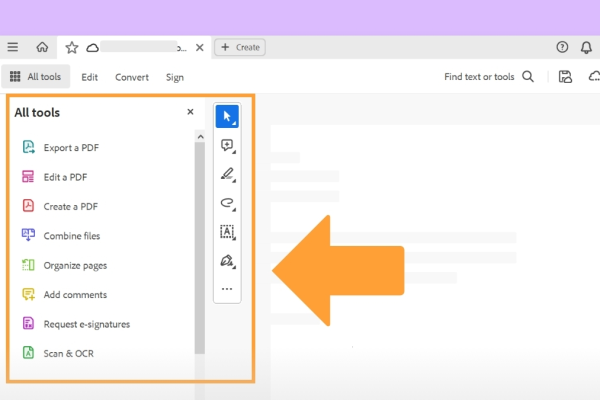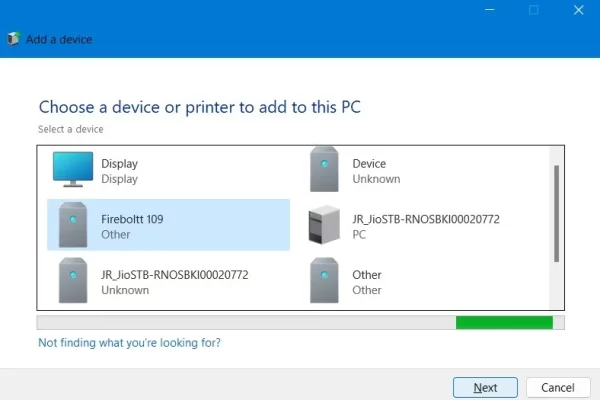Knowing history is essential if humanity wishes to survive. It informs us about the mistakes of the past and what the consequences of those mistakes were. It also tells us how our victories shaped civilizations. If you are a history buff, there is much literature available for you to explore. We will help you with this blog for becoming a historian:-
However, if you wish to make it into a full-time career, that is possible too. Historians are comparatively fewer than engineers and doctors, so if you feel like this is a risky path to follow, your concerns are not unfounded.
But it would help if you didn’t let a short amount of historians sway you. The history extends beyond burying your nose in history books. Instead, you learn a series of skills. These include analyzing problems, writing well, and assessing facts. If you feel a strong inclination towards this field, here’s how you can pursue it:
1. Read More
Historians compete with each other to occupy several limited positions. Therefore you must be able to read several documents at a time. Historians need to analyze and record what they read, which is the job of a historian primarily. However, it would help if you made sense of everything you read and thoroughly comprehend their meaning.
You may not necessarily get the text in English, and it is your responsibility to find accurate translations of them. As a historian, you also need to compare different records of the same incident to find the truth between them. If reading is not your strongest suit, then the piling work of a historian will be a struggle for you to keep up with. However, you can always look into hiring a tutor to help you get faster.
2. Get Into College
You will need to attend a college to have a degree before you can become a historian. To start this process, look for research schools that have highly regarded history departments. Once you’re able to narrow down where you want to study, submit your SAT score. Don’t assume doing a history major will be cost-effective. It is best to look for financial aid. Find out if your college offers scholarships and what their legibility program looks like. You may also look into what grants your state offers.
3. Get a Bachelor’s
Since historians have limited jobs, you will need to compete for the best grades and overall impressive student profile. You should be as active as possible and take up as many research classes as you can for your degree. It would help if you also determined how you will manage your major. If history is your main subject of interest, what will you minor in? Suppose you want to be a teacher. You will need to major in history and minor in teaching methods.
4. Participate in Paid Work
You can’t take it easy if you’re in the pursuit of becoming a historian. It would help if you looked for volunteer programs, internships, or paid positions after your bachelor’s. You can apply to museums, historical research organizations, or county historical societies. Some living history sites such as the State of California Gold Discovery Park allow you to carry out research work with them. Paid work is slightly harder to find. You may work as a historian’s assistant or a teacher’s assistant at a college. You can’t choose to ignore this step since you can’t pursue a job right away. You need the experience of writing and submitting a paper before you can create detailed records.
5. Get Your Masters
Most historians either hold a master’s degree or a doctorate in history as a minimum requirement for work in this field. Suppose you wish to work as a historian to arrange historical archives or historical society. In that case, you need to get a master’s degree in history. You will pick up on museum studies, preserve historical artifacts and public history. Graduate programs mostly carry the prerequisite to do an internship as part of their program. Before you deep dive into your master’s, you should also learn what your field expects from you. Some areas of specialization may require you to go to another country and learn their language till you are fluent.
6. Get a Doctorate
Although getting your Ph.D. is optional, if you wish to teach history at a college level, you will need a Ph.D. Another career path that you can pursue with your doctorate is in historical research. Youcan get the opportunity to specialize in a field of history or a place in the world. You will also need to secure an internship after your Ph.D.
Wrap Up
History is an exciting field. There are numerous steps you need to follow to become a historian. First, start by becoming an avid reader. You need to enroll yourself into college and work your way minimum to a master’s. (theshoalspharmacy.com) However, if you wish to go for teaching or any research-oriented field, you will need a Ph.D. Part of your academic journey is to find internships for yourself that will help you flourish in the area. Once you have the relevant degrees, you can work in museums, take care of archives and work on historical sites.





